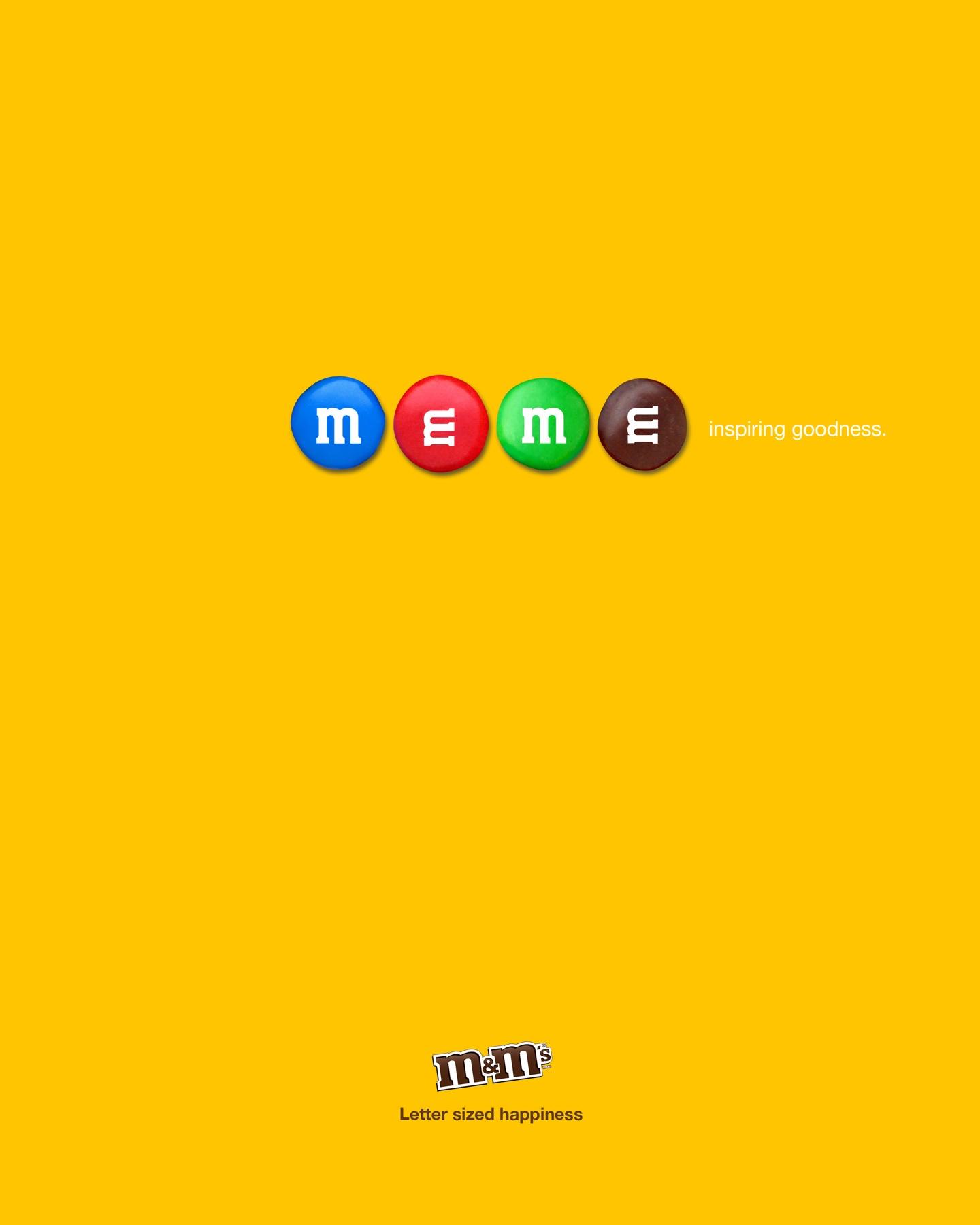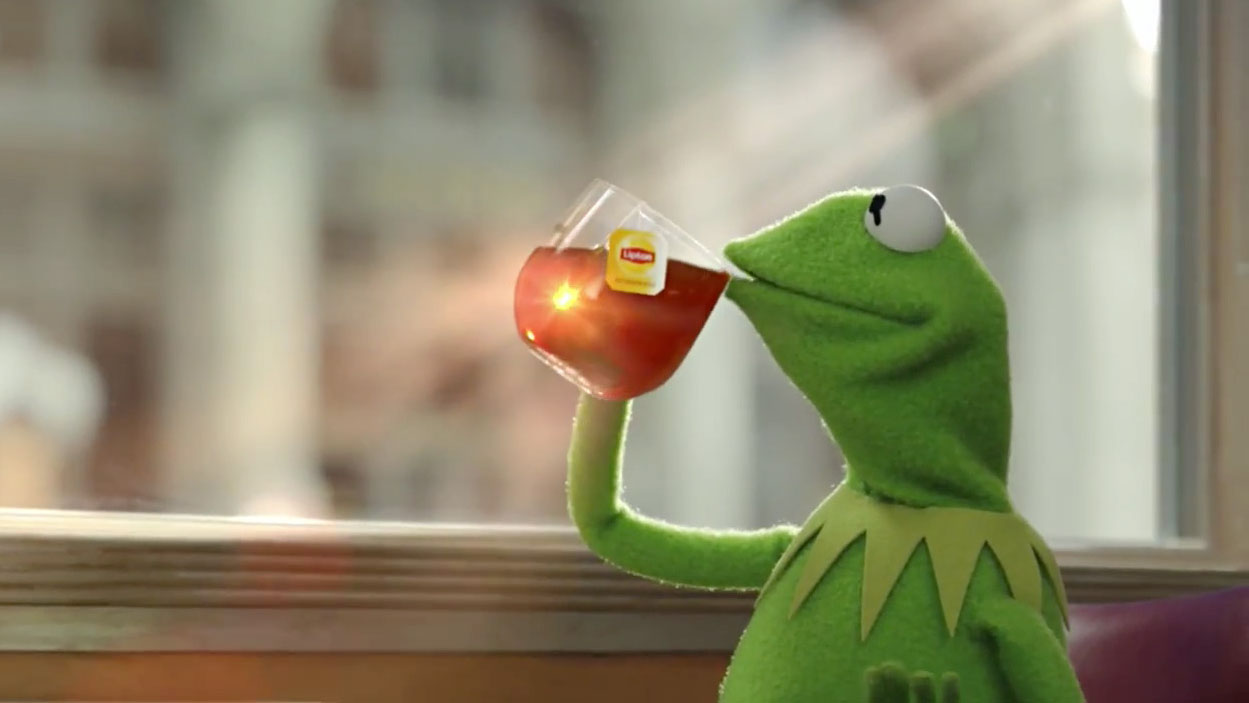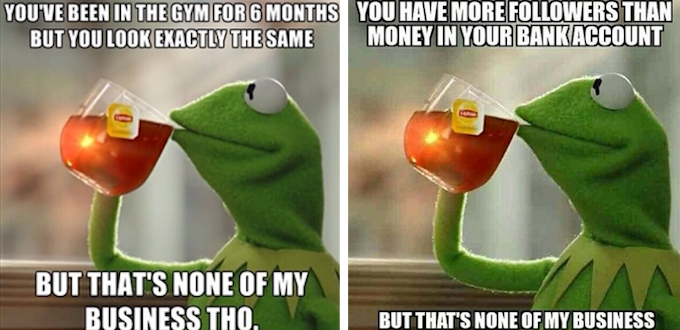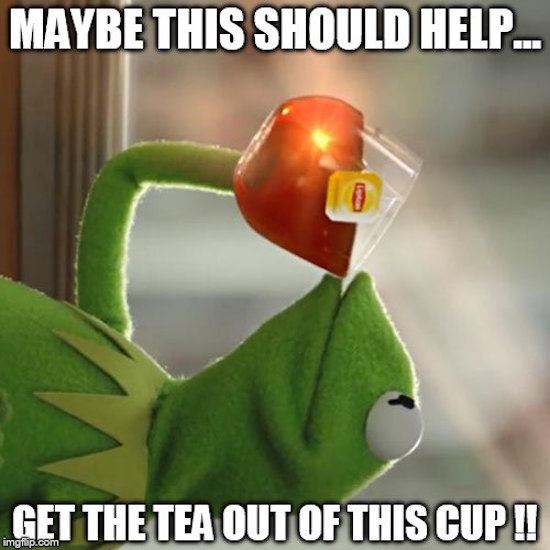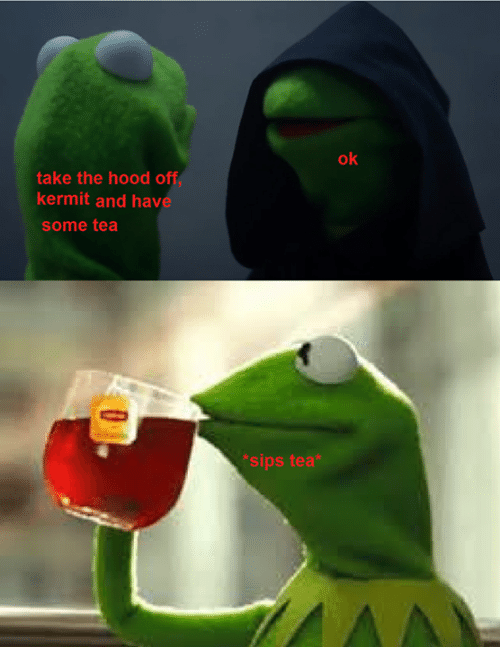Meme, according to wiki: The word meme was coined by Richard Dawkins in his 1976 book The Selfish Gene as an attempt to explain the way cultural information spreads;[7] Internet memes are a subset of this general meme concept specific to the culture and environment of the Internet.
If you're like most people these days, memes are such a part of your daily routine that sometimes you don't catch yourself sending one to your friend until the reply with a fitting emoji. The idea of a meme is really an idea itself: or a concept, activity, catchphrase, or media that spreads with humorous purpose, often in mockery. If you remember, early memes with riddled with intentional misspellings, cute animals in jest, and even as GIFs. It would be easy to say that the first memes were emoticons, but if you're in the camp of a meme having to be highly influential, then we'd have to go with "All Your Base Are Belong to Us" from the SEGA Genesis 16-bit game, Zero Wing.
A bad translation turns into a catchphrase that morphed into several memorable spinoffs.
In 2013-4, advertising was also inspiring meme culture.
Esurance Commercial - "Beatrice"
Adweek:
"That’s not how any of this works."
Leo Burnett Chicago, 2014 “Beatrice” spot for Esurance.
According to an interview with Adweek, the creators were prepping their own GIFs but the internet beat them to the punch. After its initial run, it regained traction with reactions to the 2016 election.
2013 print ad for M&Ms
adam&eveDDB’s 2014 “Be More Tea” spot for Lipton, featuring The Muppets
Gym Kardashian, 2018
As of this year, memes have largely taken the form of tweets, Instagram posts and the like. What seems to be sticking is an empathic message of "that is so me right now" to elicit feelings of rapport and common ground about anything under the sun, often at the expense of celebrities, public figures, and the like. It's constant, addictive elixir that heals the banality of everyday life, so to speak. This leads us to meme culture connecting to the idea of self-branding, which is of course, not a new notion but has been packaged by social media as something to strive for.
The 2018 Tribeca Film Festival is set to screen The American Meme (a play on the notion of the American Dream) further supports how impactful the spread of catchphrases and images are — and continue to be. Written and directed by Bert Marcus, it also takes it a step further by exposing the often unglamorous life of major internet influencers while they desperately try to gain or maintain the spotlight with their followers. Self-branding takes on many forms and is, in and of itself, a major aspect of advertising. The selling of ideas and identity in exchange for notoriety or profit is still at the helm of popular culture, and the social impact is a direct commentary on our collective identity and changing values.
But attributing meme culture to fame and money would be too simple. According to a 2011 Smithsonian Magazine article What Defines a Meme by James Gleick, the basis for these sparks of lightning-fast pieces of information come down to a scientific level of understanding.
"Memes emerge in brains and travel outward, establishing beachheads on paper and celluloid and silicon and anywhere else information can go. They are not to be thought of as elementary particles but as organisms. The number three is not a meme; nor is the color blue, nor any simple thought, any more than a single nucleotide can be a gene. Memes are complex units, distinct and memorable—units with staying power."
Staying power.



